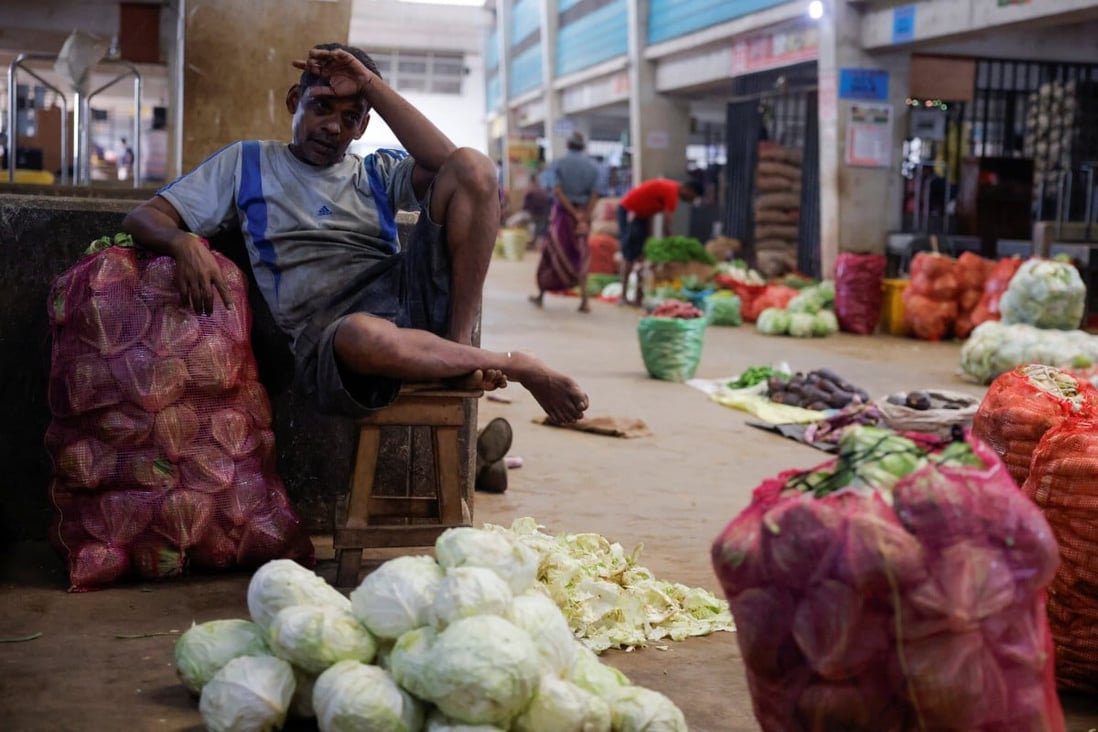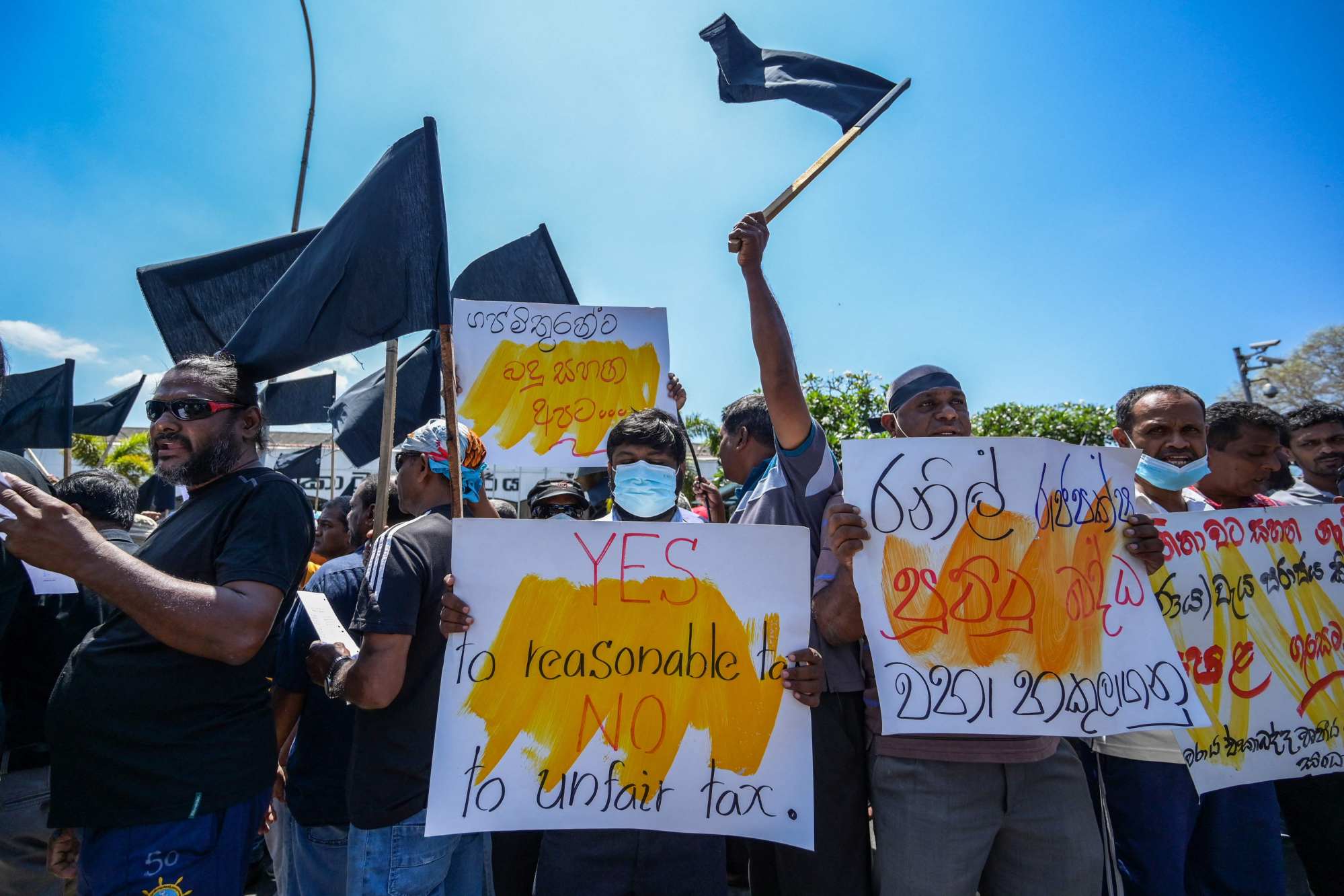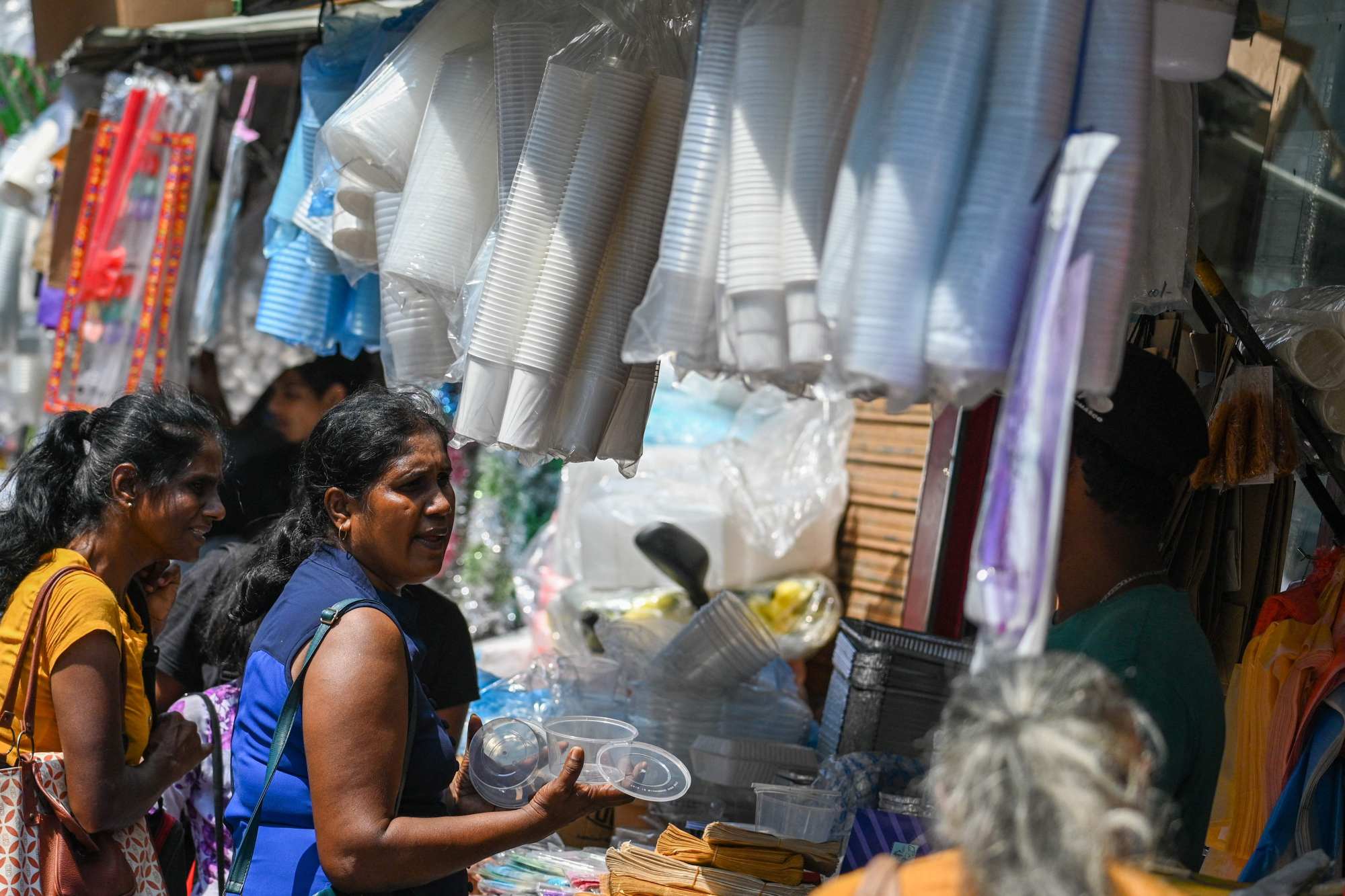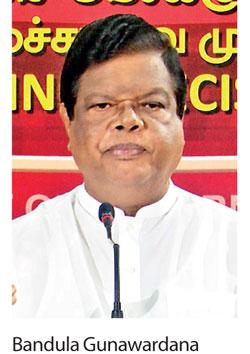Earlier this year, President Ranil Wickremesinghe pledged to implement the 13th Amendment to the Constitution (13A) in full. Currently, it is in effect except for Police and land powers (granted partially), which are still exercised by the Central Government. This was a surprise announcement made on 15.01.2023 during the National Thai Pongal Festival held in Jaffna.
The President noted a number of valiant points including,
– fundamental issues as poverty, hunger and deprivation is suffered by all indiscriminately in Sri Lanka;
– All must return to the Sri Lankan identity, established by the late D.S. Senanayake 75 years ago, if all are to enjoy coexistence and economic prosperity.
To address these problems, the President pledged to:
– establish a Social Justice Commission to resolve relevant community issues to ensure harmonious cohabitation by addressing,
– issues of all communities, not just that of the North and East Tamils;
– further protecting Tamils in the Hill country for earning forex for the country even though they are fully integrated into our society and enjoy the same rights and privileges as other communities,
– the many problems faced by Muslims, Sinhalese and Christians,
– the marginalising faced by those in poverty.
– fully implement 13A because it is being demanded by Chief Ministers in both the North and South.
It was also promised to discuss, with all political party leaders, the steps needed for reconciliation. According to this promise, this meeting was to take place in the following week, which would have been the third week of January. The decisions taken was to be made public in February 2023. However, such a discussion did not materialise.
In this gift bag, was also the promise to:
– accelerate the Truth and Reconciliation Commission work to provide relief to the families of the disappeared and to answer allegations against the military,
– Replace the Prevention of Terrorism Act (PTA) with a ‘new law’ to ‘create stability’ in the country,
- Handover the bulk of the remaining 3,000 acres of land that are still under Military control from the original 30,000 acres during the war.
Out of these commitments, only one has thus far been fulfilled. On 11.02.2023, President Ranil Wickremesinghe ceremoniously awarded land deeds and Rs 38,000 as financial compensation to 197 families at the Jaffna District Secretariat. According to the President’s Media, these were the original settlers, who got displaced 33 years ago during the war against terrorism. It is however unclear if the Sinhalese forced out by the LTTE were also part of this group. These lands were being used by the Security Forces.
Though the President made many promises, only one caught the attention of the nationalists – the pledge to implement the 13A in full. This means to handover pending Police and land powers to the Provincial Councils (PC), which none of the previous Presidents had dared to do.
Agitation of the Nationalists
The agitation of the nationalists over the President’s 13A promise is understandable. For nearly 40 years, it is these nationalists who stood guard over the country’s unitary status. While various governments experimented with all sorts of solutions to contain terrorism, it is the nationalists who stayed resolute that terrorism cannot be a tool of negotiations. It is they who challenged the hypocrisy and falsehoods that went hand-in-hand with terrorism in Sri Lanka.
While many nurture the dream of nullifying the 13A altogether, it is unfortunately a poisoned seed that has now taken root. The extra political layer created with the PCs will be very hard to uproot without antagonising that mid-level politicians. Though castigated as an unnecessary expense that had failed to deliver tangible benefits, it is not possible to eliminate this layer without hurting the political hierarchy of all political hues. Once a power is given, it is very difficult to take it back.
The 13A is a constant reminder that the efforts to divide our country and exacerbate ethnic tensions still persist – despite ending terrorism 14 years ago. However, without the land and Police powers, this is a toothless threat (keeping in mind that a bite from a toothless gum is not painless).
Why is 13A Such a Thorn?
Though many are under the impression that the land powers are fully with the Central Government, this is not the case. The management of State land is already vested with the PCs. Even the Executive President can use a State land for whatever purpose only on the PC’s advice.
The power not yet with the PC is the recognition that all lands, not identified as archaeological sites, belongs to the PC. However, explains MP Udaya Gammanpila, up to date, none of these heritage sites have been recognised in Parliament as important nationally. Therefore, warns the Parliamentarian, all the sites in North and East that are of historic significance to the Sinhala Buddhists as Nagadeepa, Thanthirimale Temple, Girihandu Seya, Deegavapiya and Seruwila will come under the respective PCs, run by racist politicians.
It is their earnest plans to erase all evidence of Sinhala Buddhist heritage – an act already in operation. This allows them to establish the North and East as an exclusive Tamil Homeland.
The other contentious clause is the power to merge two or three provinces to be under one PC. Indeed, when the 13A was forced into our Constitution, the North and East were merged under emergency laws. Once the emergency law was lifted, the Supreme Court determined that the merger was also invalid. Yet, the possibility of such a merger still exists.
The effort of the separatists is to merge the North and the East. The North on its own, with its limited natural resources, will find it difficult to exist on its own. The East is home to all three ethnic groups with the domineering Muslim community. As such, if the East was allowed its own PC, the Eastern Tamils will be dominated by the Muslims. This would defeat the very purpose of this whole exercise of dividing the country into nine provinces.
Granting Police powers so the respective Police force of that PC comes under its Chief Minister is the most dangerous clause of all. It leaves the path for another LTTE to emerge. The difference would be simple and stark.
LTTE was a terrorist organisation and as such illegal. This prevented most foreign governments from openly lending its support. However, a PC Police force that may decide on its own weaponry and training and ruled by a politician is the legitimising of a force as the LTTE. As a legitimate force, any foreign government can openly support its cause.
13A Supersedes All Other Concerns
Given these dangers, it is a little wonder that President’s verbal commitment to implement the 13A in full created the stir it did. Even the venerable Sangha wrote to President advising him against such foolishness. For a moment, people put aside the matter of the ongoing economic crisis or the efforts to delay the Local Government elections to oppose this act.
It is not only the 13A that came to be challenged. MP Wimal Weerawansa reminded the President that he does not have a mandate of his own yet. The Government, until the next major election, must therefore adhere to the mandate given to President Gotabaya Rajapaksa.
The 13A is without argument a matter of extreme concern. However, this is not the only problem present” in the President’s Thai Pongal gift bag. Some gifts need clarification. For instance, what did the President mean by further protecting Tamils in the Hill country for earning forex”?
The other main forex earners for our country are often as vulnerable, if not more, than those working in tea estates. The girls who leave their villages to work in the apparel sector face many social issues. The women who leave for overseas to work as domestic aides are often not entitled to any rights in their host countries. Some of their experiences are simply horrifying, whilst others are degraded in numerous ways. Some return home in a coffin.
Truth and Reconciliation Commission must expand their investigations to answer the allegations of not only that against the Military but also against the LTTE and the IPKF. Otherwise, it would amount to cherry-picking the crimes. Simultaneously, in determining the fate of the disappeared, the Commission must amend the clause that if such a person is located, the records must reflect as such. Currently, the status ‘disappeared’ cannot be updated without the consent of the ‘disappeared’ person.
The current PTA should not be arbitrarily replaced with a ‘new law’. There needs to be proper public discourse with the local stakeholders than foreign experts who are clueless on the real issues we face or those with a geopolitical agenda.
For the moment, there is a silence on the status on the fulfillment of these pledges. We do not know if the President decided to listen to the concerns via-a-vis the 13A and decided to shelve it or simply kept it aside until the hue and cry dies.
Whether President Wickremesinghe will carry out with these plans is beside the point. While these contentious issues are allowed to exist – even in limbo – it poses a threat to our national security. Therefore, instead of agitating every time a politician makes a pronouncement, there needs to be a steady plan to address these concerns methodically and eliminate the threat forever. Otherwise, both the promises and the protests amount to nothing more than political fodder.
ranasingheshivanthi@gmail.com
(The views and opinions expressed in this article are writer’s own and do not necessarily reflect the official policy or position of
Ceylon Today)
By Shivanthi Ranasinghe



 IMF Managing Director Kristalina Georgieva on Tuesday said she would be taking Sri Lanka’s staff-level agreement to the IMF Executive Board on March 20, for approval.
IMF Managing Director Kristalina Georgieva on Tuesday said she would be taking Sri Lanka’s staff-level agreement to the IMF Executive Board on March 20, for approval. 